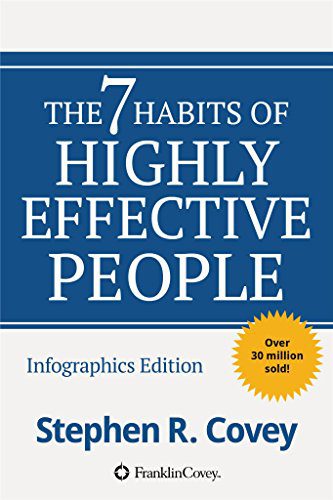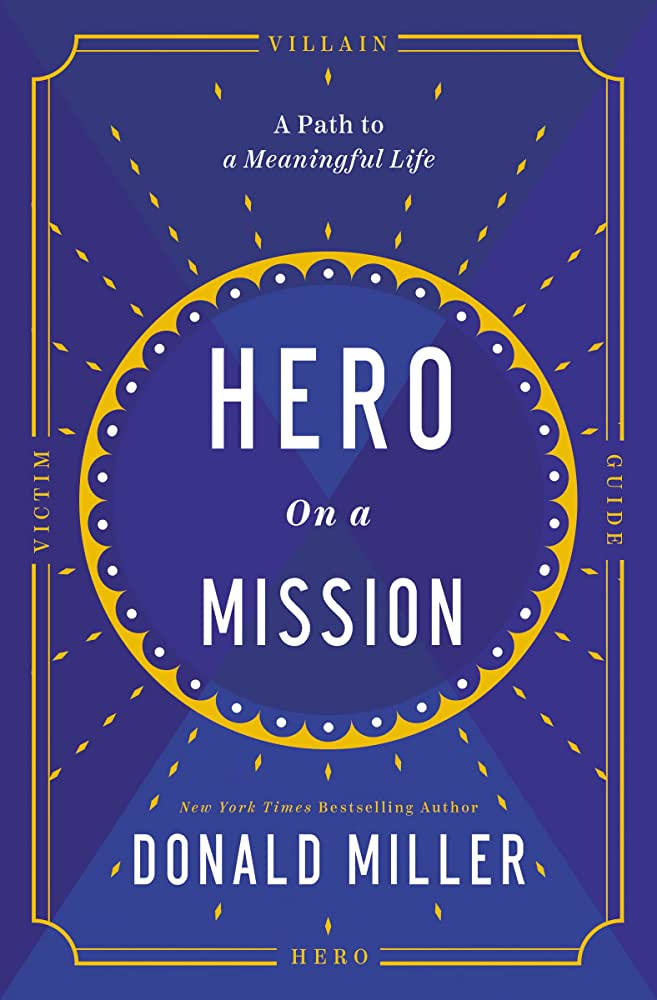At the core of most of our relationship issues is everyone wanting to be understood before understanding the other person. As the saying goes, “No one cares how much you know until they know how much you care.” We all want to be heard, understood and seen. One of our most significant cravings as humans is the need to be understood and not be misunderstood, especially by the people closest to us. In our age of social media, we hardly listen to one another, we tweet a lot but little with is been transmitted, we hear but we don’t listen, we don’t seek to understand one another and that is the reason for most of the chaos we have in the world.
American talk show host Oprah Winfrey is often considered one of the most influential women in the world and at the heart of her influence is her ability to get people talking and sharing from their heart. She tries to listen to emphatically to her giest be they celebrities or ordinary people. Oprah ran her talk show, The Oprah Winfrey Show, for 25 years, from 1986 to 2011. In the Show Finale of The Oprah Winfrey Show on 25 May 2011, Oprah made a statement that underscores the truism that we all seek understanding. Oprah commented:
“I’ve talked to nearly 30,000 people on this show, and all 30,000 had one thing in common: They all wanted validation. If I could reach through this television and sit on your sofa or sit on a stool in your kitchen right now, I would tell you that every single person you will ever meet shares that common desire. They want to know: ‘Do you see me? Do you hear me? Does what I say mean anything to you?’
“Understanding that one principle that everybody wants to be heard has allowed me to hold the microphone for you all these years with the least amount of judgment. Now I can’t say I wasn’t judging some days. Some days, I had to judge just a little bit. But it’s helped me to stand and to try to do that with an open mind and to do it with an open heart. It has worked for this platform, and I guarantee you it will work for yours. Try it with your children, your husband, your wife, your boss, your friends. Validate them. ‘I see you. I hear you. And what you say matters to me.'”
‘Do you see me? Do you hear me? Does what I say mean anything to you?’

In his book, Habit #5 in the book: The 7 Habits of Highly Effective People is “Seek first to understand, then to be understood”. The author Stephen Covey commented that the habit of understanding people before we seek to be understood is the key to effective interpersonal communication. He asserted:
We have such a tendency to rush in, to fix things up with good advice. But we often fail to take the time to diagnose, to really, deeply understand the problem first.
“Seek first to understand” involves a very deep shift in paradigm. We typically seek first to be understood. Most people do not listen with the intent to understand; they listen with the intent to reply. They’re either speaking or preparing to speak. They’re filtering everything through their own paradigms, reading their autobiography into other people’s lives.
We’re filled with our own rightness, our own autobiography. We want to be understood. Our conversations become collective monologues, and we never really understand what’s going on inside another human being.
When another person speaks, we’re usually “listening” at one of four levels. We may be ignoring another person, not really listening at all. We may practice pretending. “Yeah. Uh-huh. Right.” We may practice selective listening, hearing only certain parts of the conversation. We often do this when we’re listening to the constant chatter of a preschool child. Or we may even practice attentive listening, paying attention and focusing energy on the words that are being said. But very few of us ever practice the fifth level, the highest form of listening, empathic listening.
Empathic Listening – Listening with intent to understand, seeking first to understand, to really understand.
Empathic listening involves much more than registering, reflecting, or even understanding the words that are said In empathic listening, you listen with your ears, but you also, and more importantly, listen with your eyes and with your heart. You listen for feeling, for meaning. You listen for behavior. You use your right brain as well as your left. You sense, you intuit, you feel.

One of the archetypes in Donald Miller’s book, Hero on a Mission: A Path to a Meaningful Life 3 is the guide. Miller observed that there are four major characters in nearly every story: the victim, the villain, the hero, and the guide. The guide archetype seek to understand because they have been misunderstood themself. He writes:
Guides bring the light to humble heroes who are inexperienced and afraid. The guide passes down more than wisdom; they pass down compassion and empathy. They have been defeated themselves and have climbed back; they know how it feels to be tempted by helplessness. They have been misunderstood, so they seek to understand. They have been abandoned, so they are loyal.
The Guide: They have been misunderstood, so they seek to understand.
Often, guides make the ultimate sacrifice for the hero. The war between darkness and light is that important to them. Remember, a guide’s life is no longer lived for self. A guide sacrifices so that light can defeat darkness. The less we play the victim and the less we play the villain, the more we find ourselves playing the roles of hero and guide. Starting with the end in mind, bringing something good into the world, accepting life’s challenges, and sharing our lives with others is the path to transformation.
In the end, guides are just heroes who kept going.
Meditation
- Daily Calm with Tamara Levitt – Choice
- In every moment, we can choose where to place our emotions. We always have a choice to practice present-moment awareness as a way to pull us out of future concerns and anxieties.
Worry does not empty tomorrow of its sorrow. It empties today of its strength’ – Corrie Ten Boom.
Daily Jay with Jay Shetty – Back to Center
- Sometimes life feels like a roller coaster; one minute we are rocketing our poet and the next moment we are going down. But in reality, even roller coasters let us coast sometimes so that we can catch our breath. And in life, we can learn to create more of that smooth sailing; it all comes down to sailing the middle path.
- When you win, celebrate for a day and get back to training. When you lose, cry for a night and return to training. When something great happens, it is easy to want to hang out in that space, we should enjoy it, but too often; we try to cling to that feeling. It is the same when negative things happen, and we let ourselves wallow instead we are better off; if we find our way back to the center.
- Equanimity – Composure and evenness of temper. Experience every emotion and come back to a steady state of calm. Equanimity can be seen as a balance point of a see-saw, neither up nor down, but often we experience life as a series of highs and lows which can make things feel out of control or unstable. It is like we are constantly feeling these big swings, one day we are over the moon; the next we are down in the dumps.
- When it comes to the roller coaster of life we don’t have to be strapped to the roller coaster of life. We can still feel both happiness and sadness, but they are not driving us, and in turn, hopefully, life won’t be so unsettled. We can focus on being peaceful instead of positive – we can release the pressure of being joyful all the time.
- When we learn to return to the center, we are calmer and less reactive. While life is swelling around us, we can rest in the isle of the storm.
Podcast
- Reclaiming food waste with Jasmine Crowe-Houston of Goodr (2022) | How I Built This Podcast with Guy Raz • Episode 553
All the best in your quest to get better don’t settle: Live with Passion.



Comments are closed.